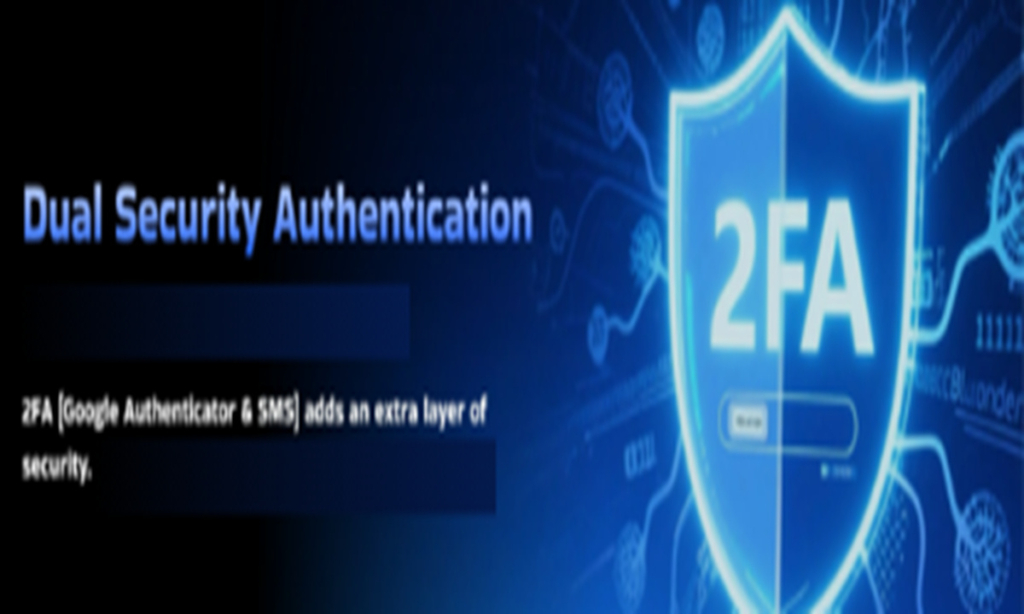Zero-knowledge (ZK)-based privacy refers to a type of privacy protection that allows individuals or entities to prove the authenticity of certain information without revealing the actual content of that information.
It is a method of proving that something is true without revealing any details about it.
ZK-based privacy uses zero-knowledge proofs, which are mathematical constructs that allow one party (the prover) to demonstrate to another party (the verifier) that they possess certain information without revealing the actual information.
In a zero-knowledge proof, the prover and verifier engage in a series of interactions where the prover tries to convince the verifier that they possess the information in question, and the verifier tries to verify the authenticity of the information without learning its actual content.
There are several applications for ZK-based privacy, including secure authentication, secure messaging, and private transactions on blockchain networks.
For example, ZK-based privacy can be used to enable secure logins to online services without revealing a user’s password or other personal information.
It can also be used to enable private transactions on blockchain networks, allowing users to prove that a transaction is valid without revealing the details of the transaction.
Overall, ZK-based privacy is a powerful tool for preserving the confidentiality of sensitive information while still allowing it to be verified and authenticated.



